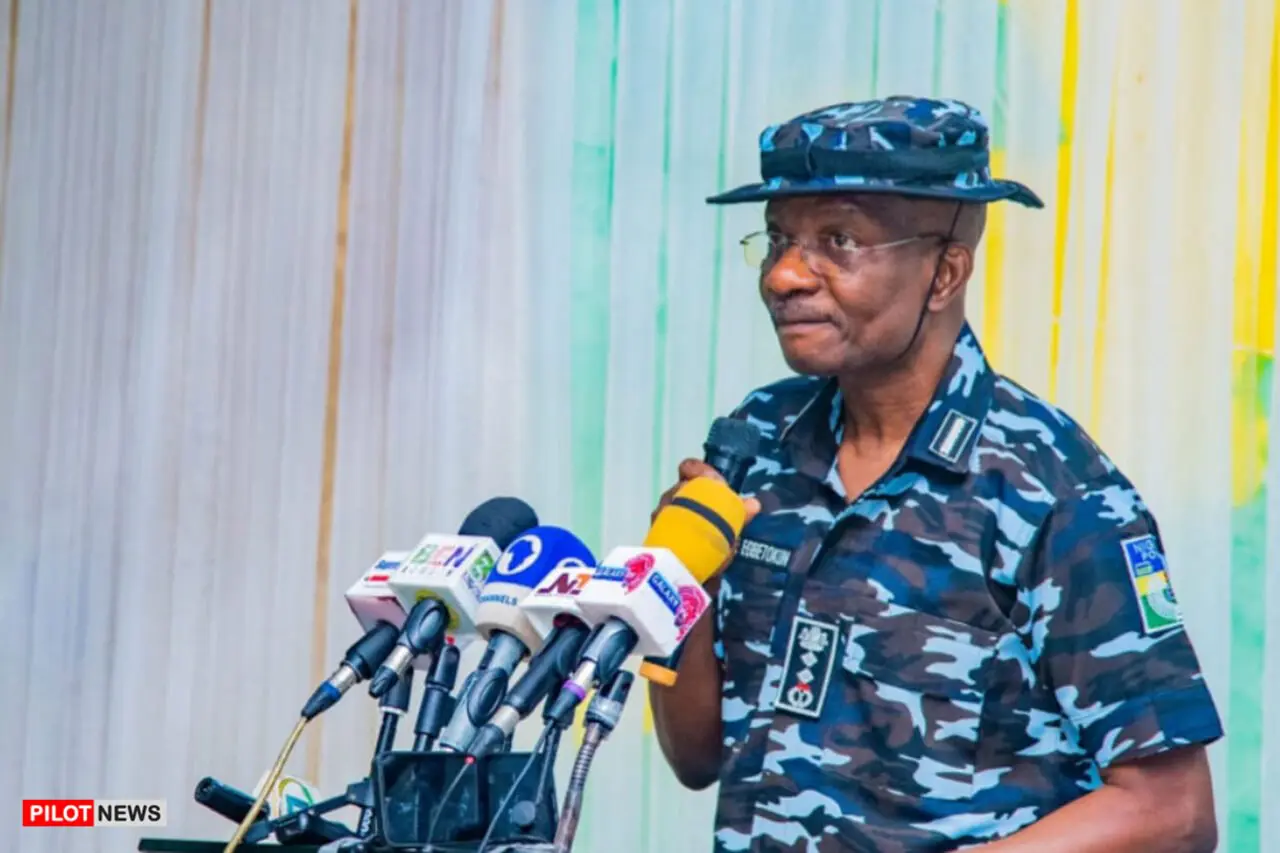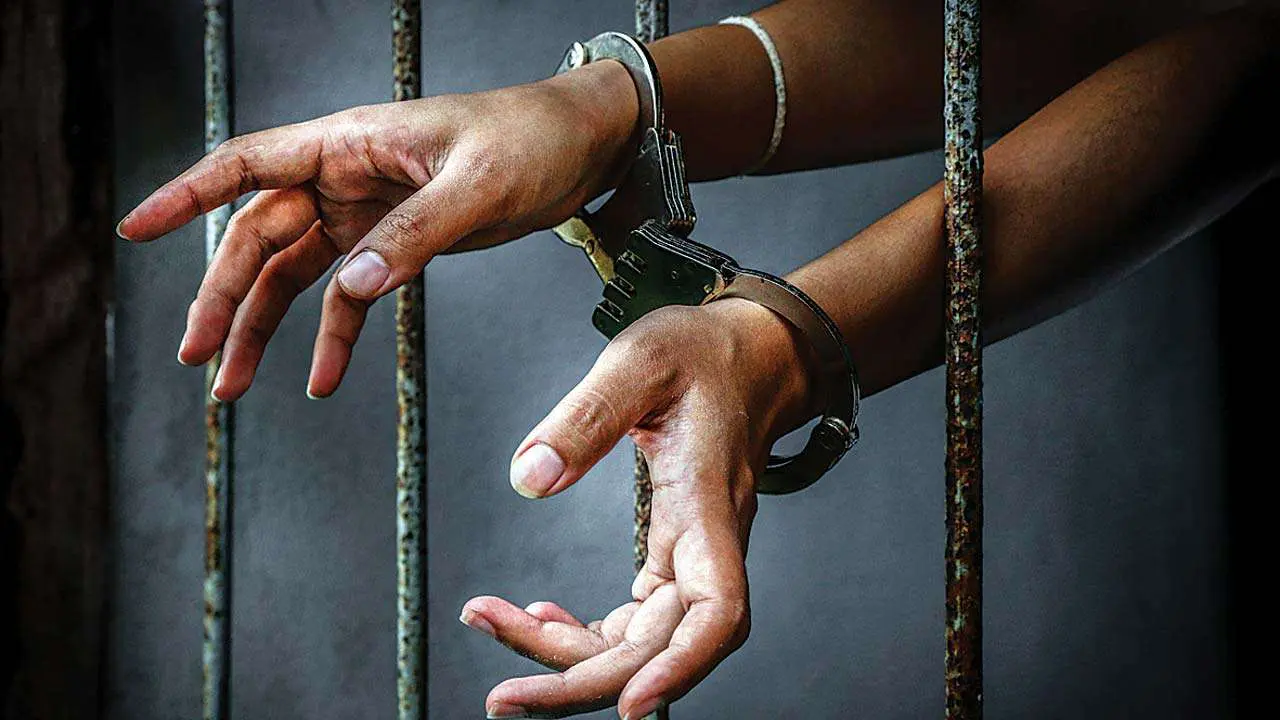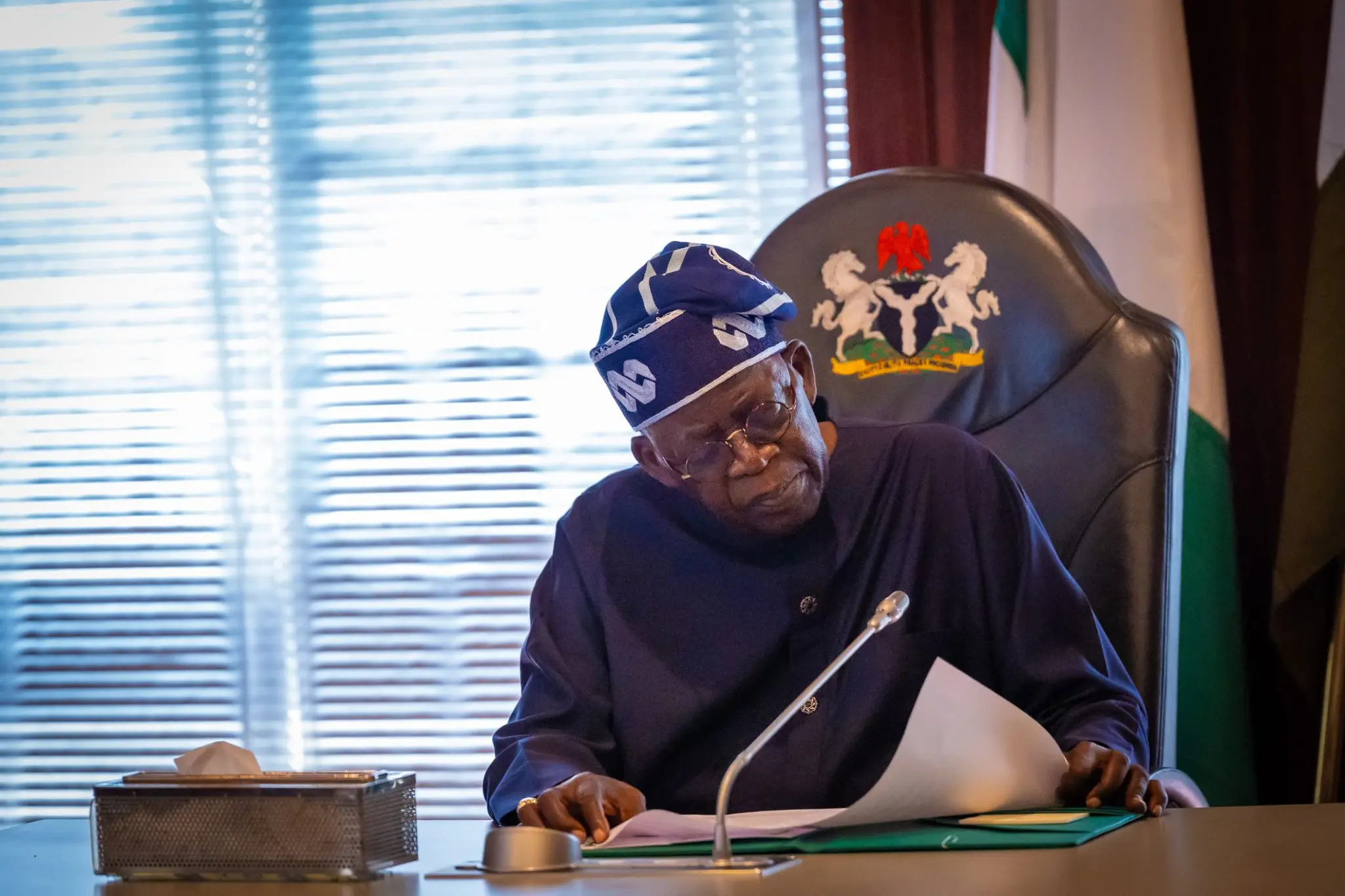
Keep up with latest news and be part of our weekly giveaways and airtime sharing, follow our WhatsApp channel for more update. Click to Follow us
Numerous Nigerians have praised the new national coalition Save Democracy Mega Alliance 2027 (SDMA’27) since they began a campaign last month to change Nigeria’s constitution to remove the president’s control over the Independent National Electoral Commission (INEC) and state governors’ control over the State Independent Electoral Commissions (SIECs).
The alliance is also advocating for a constitutional amendment that would eliminate the president’s authority over the judiciary, specifically with regard to the nomination of the Chief Justice of Nigeria (CJN) and the Chief Judge of State in the case of state governors.
Prior to the group’s campaign, there had been requests from a number of sources to take away the president’s authority to choose the leaders of the government’s judicial and electoral branches.
The call’s rationale is that since the person who pays the piper sets the rules, this system does not ensure complete independence for the judiciary or the electoral body.
The coalition is also making the same argument, stating that by giving the authority to name the leaders of the two institutions to a new, independent body that would be established later, taking away the president’s authority will stop the executive branch from having any influence over the electoral and judicial processes.
During a recent briefing in Abuja, Tony Akeni Le Moin, the coalition’s spokesperson, declared that the campaign would be officially launched in all states, with a “boot camp” finale held in Abuja.
By removing the president and governors’ authority to select INEC, SIEC, and judiciary leaders and giving these duties to a group of impartial, integrity-checked Nigerians, he linked the SDMA’27’s focus on two key constitutional revisions.
Prominent leaders and pro-democracy organizations nationwide have embraced the coalition, which has also gained the backing of renowned political economist Professor Pat Utomi.
Since 1999, Utomi has referred to the movement as a major turning point for Nigeria’s democracy. He also cited the Justice Uwais Electoral Reform report as the most suitable point to start from.
He said that the report also suggested executive appointment reforms for the judiciary, INEC, and the Independent National Electoral Commission since shielding these institutions from executive influence would promote free and fair elections and enhance governance.
In order to generate a cohesive demand for constitutional revisions, the alliance presented a three-point plan that included mobilizing national consensus across political, religious, and civil society networks. In addition to lobbying the national and state legislators to deprive the government of its excessive power over the court and INEC, the group hopes to generate momentum for a national conference to publicly propose the modifications.
The group’s recommendation is to prevent the terrible tragedy that marked the 2023 elections from happening again in 2027.
It cautioned that the elections in 2027 would probably be a repetition of previous electoral manipulations if the reforms were not implemented.
The group called for Nigerians to get ready for what they called a “national emergency” in order to restore Nigeria’s democracy, using the words of Rev. Martin Luther King Jr. regarding the necessity of organized opposition.
Dr. Pogu Bitrus, president of the Middle Belt Forum, or MBF, commented on the situation, telling ZINGTIE that it is more important to consider who dismisses people than who appoints.
In addition to who fires, Ho pointed out that the institution needs to be improved such that it doesn’t really matter who hires or fires because a strong institution would always lead and check such a person.
He said: “The truth about the matter in Nigeria is not even about who appoints the head of the electoral body or the judiciary, but who fires who. Yes, who fires who matters to some extent.
“If the president can appoint but he has no powers to fire or to remove, that might solve the problem.
“It is the fear of being fired if you not do what they want that makes them do what they do rather than just because you appoint them, because even if you appoint somebody and you don’t grease his elbows and he doesn’t fear that if he doesn’t do what you want he might be fired, then he will not be obliged to do what you want him to do. So, it doesn’t necessarily matter who appoints who but who fires who.
“Secondly, the institution has to be strengthened to the level that people will even fear to do the wrong thing.
“For instance, in China, they have a rule that one can lose his life even in some common things we call gratifications here, not to even talk of the real bribery.
“If judges, INEC boss or any other person knows that if he does the wrong thing and it is traced that he can lose his life, he will not compromise, no matter the amount of money that is involved. That checks and balances can keep them away from doing the wrong thing and force them to do the right thing.
“So, it is not who appoints or who fires but as I said that who fires and the laws have to be strengthened such that the checks and balances are so stringent.
“And that if you do wrong, you know you could lose your life and all your families will be obliterated, so you will not do it.
“So, I think these are the things we need to introduce into the law, rather than who appoints and who doesn’t appoint.
“And then, we can strengthen the law to go beyond that, by saying that even the person who influenced them to do the wrong thing should equally be treated the way the offenders are treated.
“That way, we can ensure that things are done rightly. You know the problem is not that we don’t have laws on the ground. As I am talking, there are laws on the ground that I believe have checks and balances in this regard, but the institutions are weak; and because they are weak, these laws don’t mean a lot.
“So, we should know how to strengthen the institutions, whether it is INEC, the police, the military or the judiciary, so that they can be independent. They can have real probity, accountability and then a respect of law will come in.
“We have already messed the system up and it would require these draconian rules and laws to be able to do the right thing again.”
Alhaji Yerima Shettima, the head of the Arewa Youth Consultative Forum, or AYCF, also voiced skepticism about establishing a separate entity to supervise such nominations in his response.
He claimed that because the president and commander in chief have such vast powers, the system has become so centralized that it may not be feasible to guarantee independence to such a distinct group.
“The problem is with the independent body. How can you talk about independence when you have a system that is already centralized? And that is why I am an advocate of decentralization. Who is independent now in the country?
“Now, specifically, you are talking about the appointment of the INEC chairman which is the one that is expected to go through screening and be nominated by the NASS.
“That is what I am getting from other quarters but the fact still remains that we still have the commander in chief of the Federal Republic of Nigeria who oversees everything.”
Additionally, he questioned if the present National Assembly, or NASS, could deprive the president of these authorities.
He supported his claim with the current NASS’s purported rubber stamp disposition.
He said to ZINGTIE, “stripping the president of the powers to appoint the INEC chairman or the Chief Justice of Nigeria, CJN, cannot happen under the watch of the current NASS that I know of.
“The current NASS is a total rubber stamp and they can’t do anything. So, I don’t even want to waste my energy by saying I believe or assume that anything like that will ever happen. Maybe in the future that will be done but not now.”
Additionally, he emphasized the importance of strong institutions as the solution to the majority of the current issues facing the nation.
Additionally, he suggested that rather than wasting their energy trying to deprive the president of this authority, the group or individuals should band together and advocate for the strengthening of INEC as an organization so that it can no longer be subject to the whims and whims of anyone, including the president.
“So, rather than wasting our energy on that; let us see how we can strengthen the institutions. It is not about the independence of the INEC but about strengthening the INEC as an institution.
“There are a lot of reforms that need to be carried out in INEC. If those reforms can be put in place, I think we would have solved most of the problems confronting the INEC and the president will no longer have the capacity to influence the body,” he submitted.
Adebayo Fadipe, a leader of the Peoples Democratic Party (PDP) in Lagos State, also praised the action, claiming it would restore the electoral body’s integrity.
He thinks that the electoral body’s name, which includes the word “independence,” is really a whitewash because the president has complete authority over the organization and can appoint and fire whomever he wants.
He also lamented the fact that, with the exception of one or two who stood out for their respective merits, all of the previous INEC chairs had compromised.
“But if the powers are removed from the president and given to an independent body, meaning that the INEC chairman is no longer answerable to the president, I think we will begin to have a semblance of credible election in this country.
“The INEC chairmen have always been under the firm grip of the president who dictates what happens. And the past chairmen including the current one have always danced to the tune of the powers that appointed them and it should not be like that.
“They should be independent and work for the good of all Nigerians and not work for a group of individuals. That is why it has not been possible to have credible elections in Nigeria.
“But, if that is done, then it will open a new chapter of electoral credibility in Nigeria.
“All the manipulations that have come to characterise our electoral jurisprudence will become things of the past and the country can become a reference point for other countries when it comes to conducting credible elections,” he told ZINGTIE.
Please don’t forget to “Allow the notification” so you will be the first to get our gist when we publish it.
Drop your comment in the section below, and don’t forget to share the post.
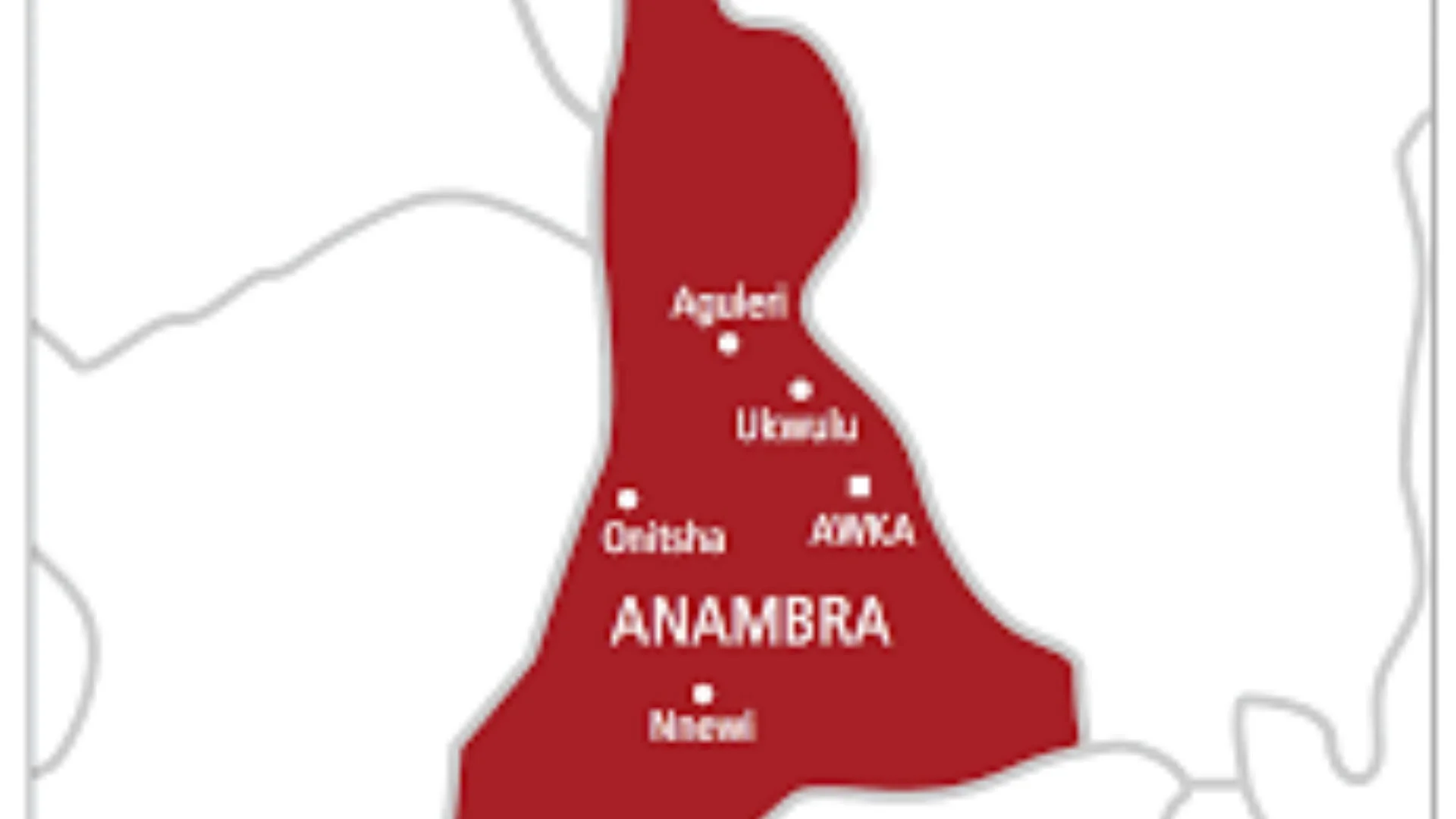
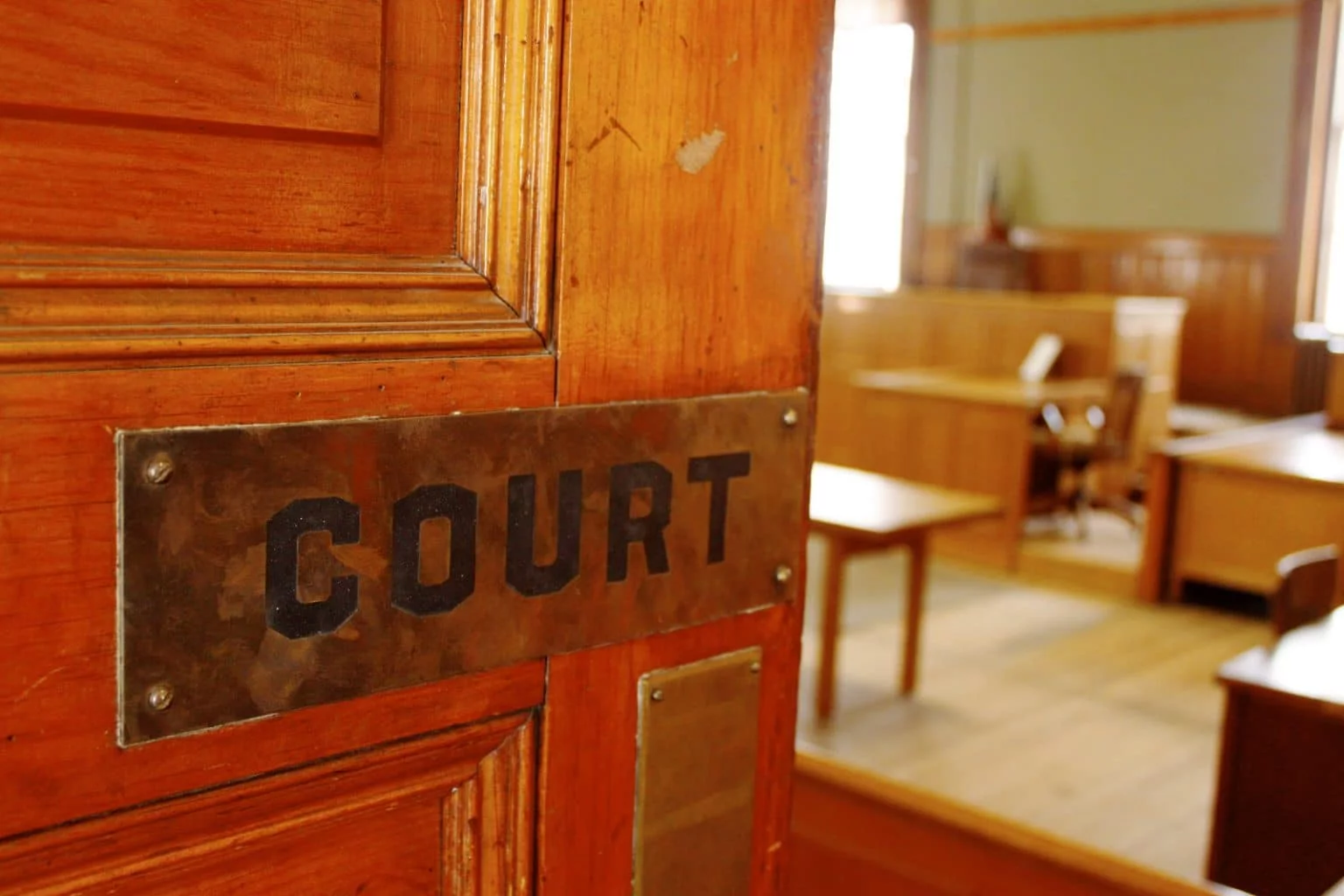


![What you need to know about Doris Ogah crowned Miss Nigeria 2024 [VIDEO]](https://zingtie.com/wp-content/uploads/2024/12/Doris-Ogah.webp)

